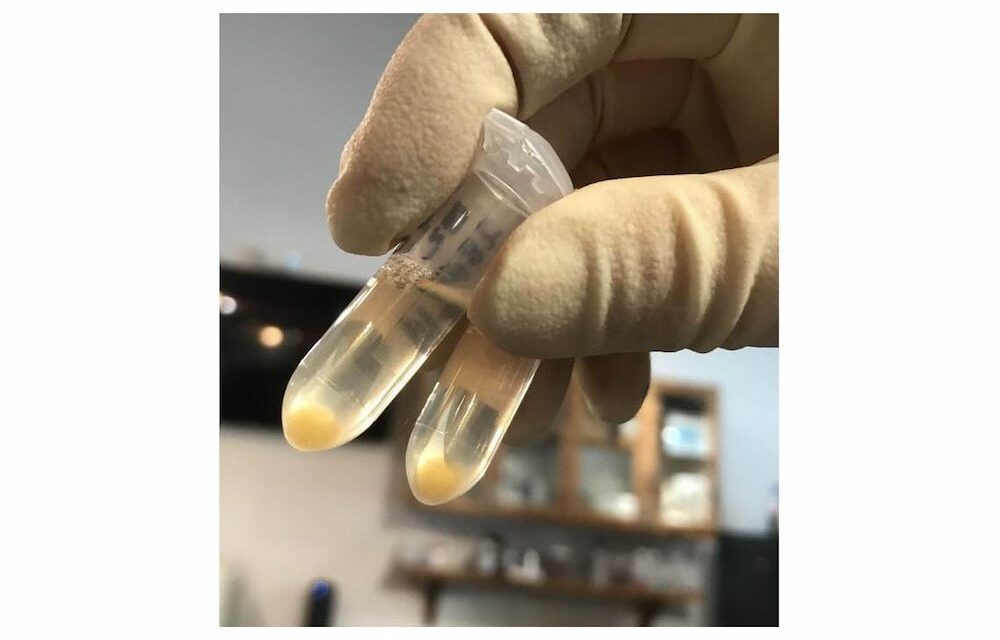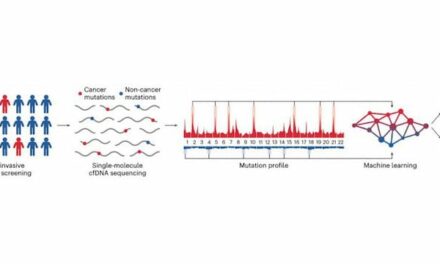Summary: Researchers from Brain Chemistry Labs have developed a highly accurate blood test for ALS, using microRNA analysis to enable faster and more precise diagnoses.
Takeaways:
- The new ALS blood test identifies eight unique microRNA sequences, distinguishing ALS patients from healthy individuals and those with similar conditions, offering 98% diagnostic accuracy.
- This test significantly reduces the time needed for ALS diagnosis, which currently can take up to 12 months, leading to earlier treatment and better patient outcomes.
- Researchers aim to make the test widely available within 18 to 24 months through a partnership with a diagnostic company, providing neurologists with a powerful tool for early ALS detection.
A highly accurate diagnostic blood test has been developed for amyotrophic lateral sclerosis (ALS), a progressive neurodegenerative disease that effects neurons in the brain and spinal cord.
Researchers from the not-for-profit Brain Chemistry Labs in Jackson Hole, Wyoming, published the study in the journal Brain Communications produced by Oxford University Press.
ALS Diagnosis
ALS leads to gradual paralysis, ultimately resulting in the inability to walk, speak, or, in later stages, move. Currently, diagnosis is based on a thorough clinical examination, but it can take up to 12 months to provide a definitive diagnosis, by which time many patients have significantly deteriorated. Misdiagnosis rates vary widely, occurring in as many as 68% of cases, further complicating timely and accurate treatment.
New ALS Diagnostic Test
The diagnostic test requires only a simple blood draw and is based on small sequences of nucleic acids, known as microRNA, extracted from tiny vesicles released by the brain and nervous system.
Analysis of microRNA sequences from hundreds of patient samples allowed researchers to develop a unique “ALS fingerprint” comprising eight distinct microRNA sequences. These sequences can sensitively and specifically distinguish blood samples of ALS patients from healthy controls and from patients with conditions that mimic ALS in its early stages, with an overall accuracy of up to 98%.
Scientists hope the test will become a tool to help neurologists make more rapid diagnoses.
“Rapid diagnosis will allow treatment to begin earlier leading to better outcomes for ALS patients,” remarked Brain Chemistry Labs scientist Sandra Banack, PhD, senior author on the paper.
This new test follows on the heels of three prior validation studies using different patient cohorts for a total sample size of 471, with many of the samples provided by the USA National ALS Biorepository.
Paul Alan Cox, PhD, executive director of the Brain Chemistry Labs, hopes to make this test widely available within 18 to 24 months to neurologists by securing a diagnostic company partnership.
Brain Chemistry Labs is a 501(c)(3) not-for-profit organization in Jackson, Wyoming that seeks to discover new ways to prevent, diagnose and treat ALS, Alzheimer’s, Parkinson’s and other serious brain diseases.
Featured image: Neurally-derived extracellular vesicles extracted from a standard blood sample contain microRNA sequences used to diagnose ALS. Photo: Paul Cox





